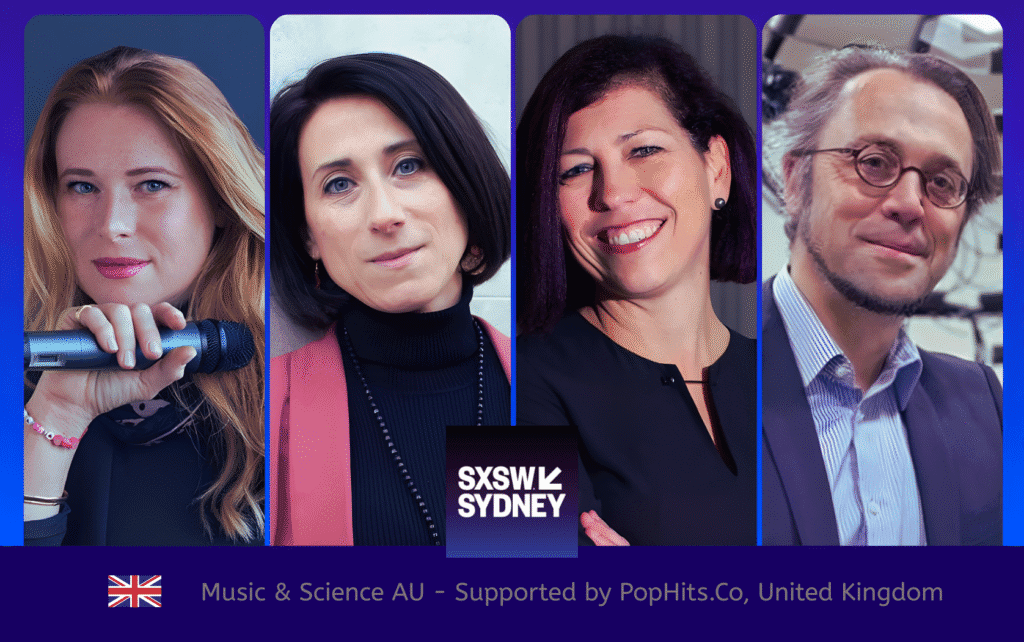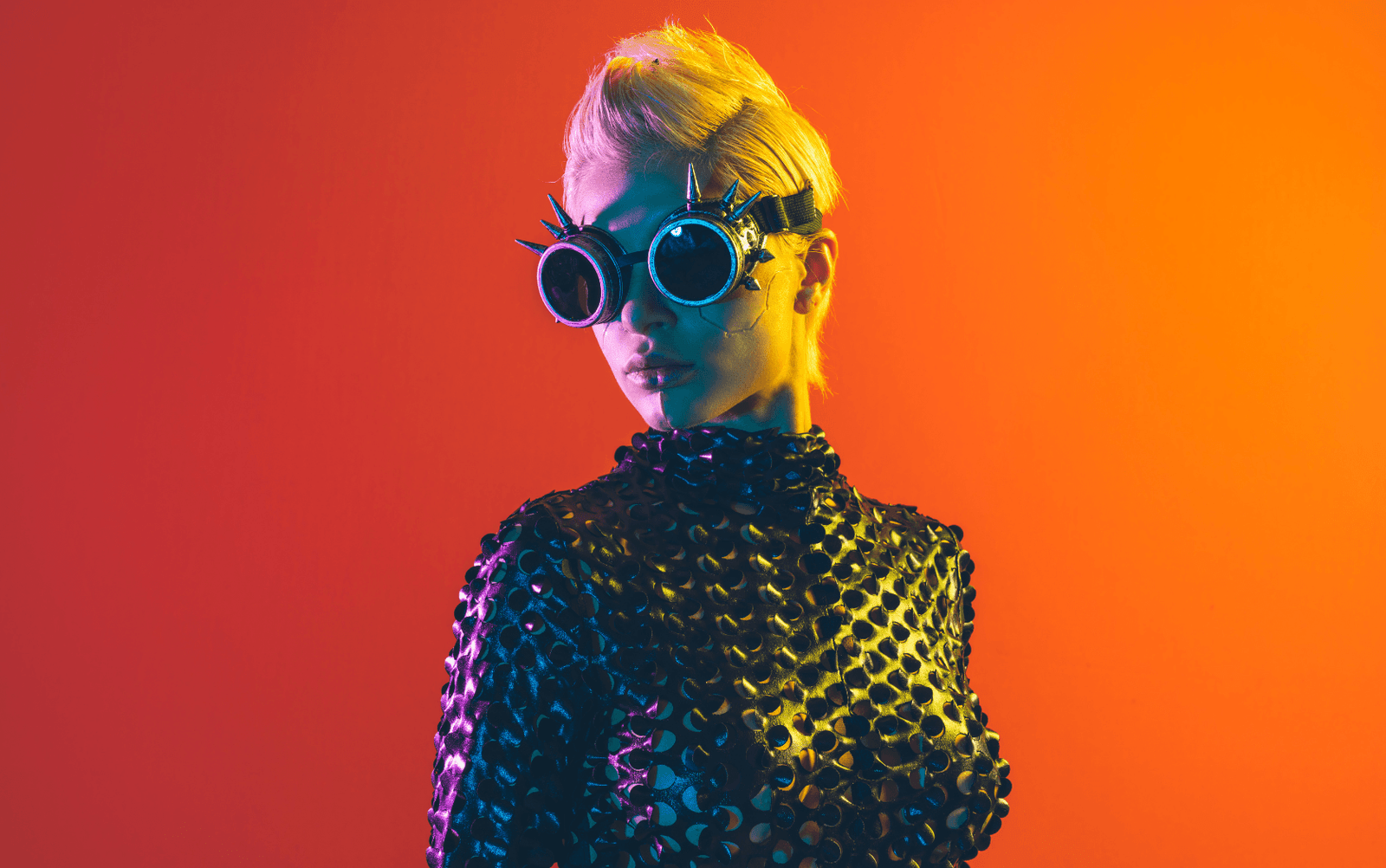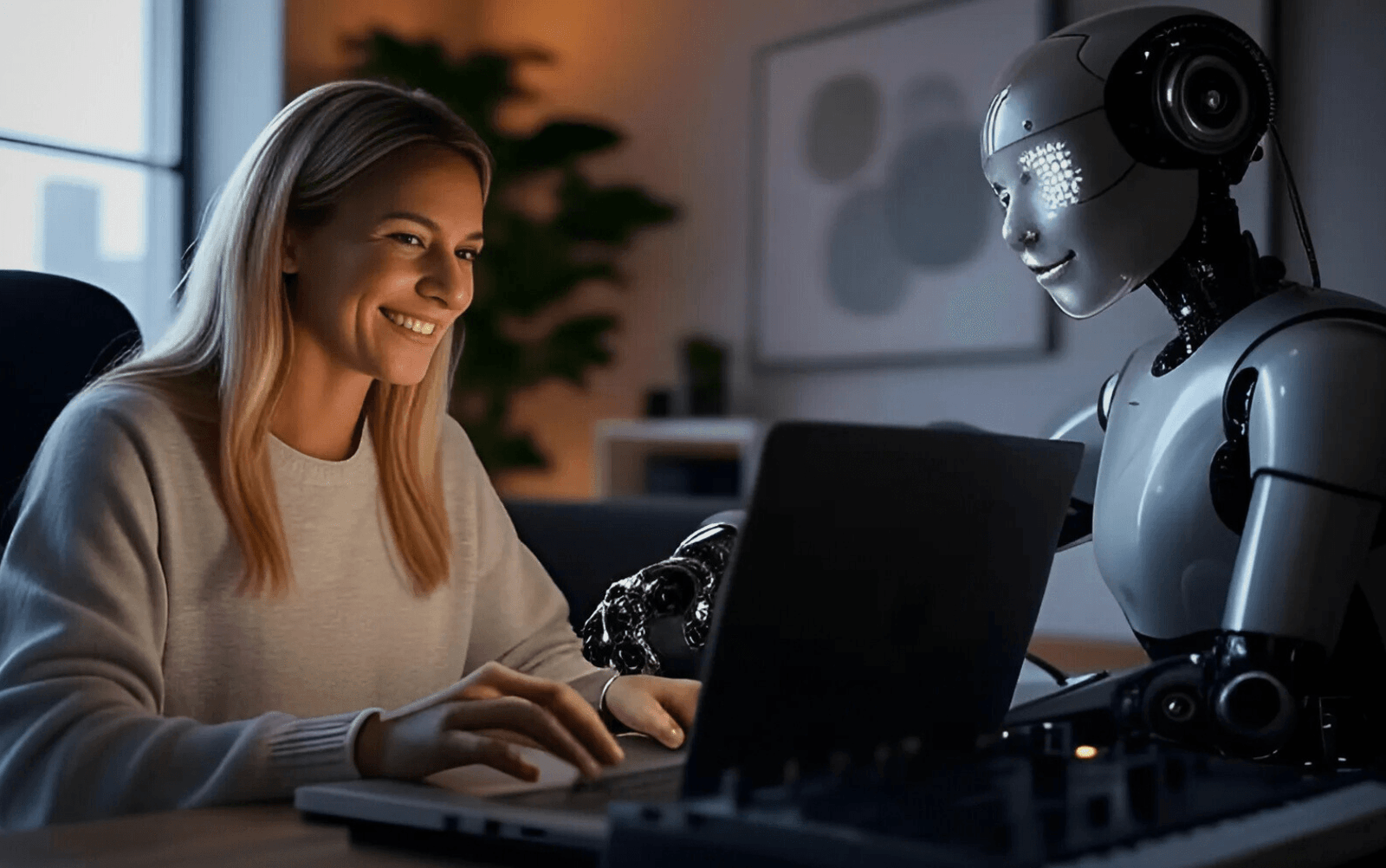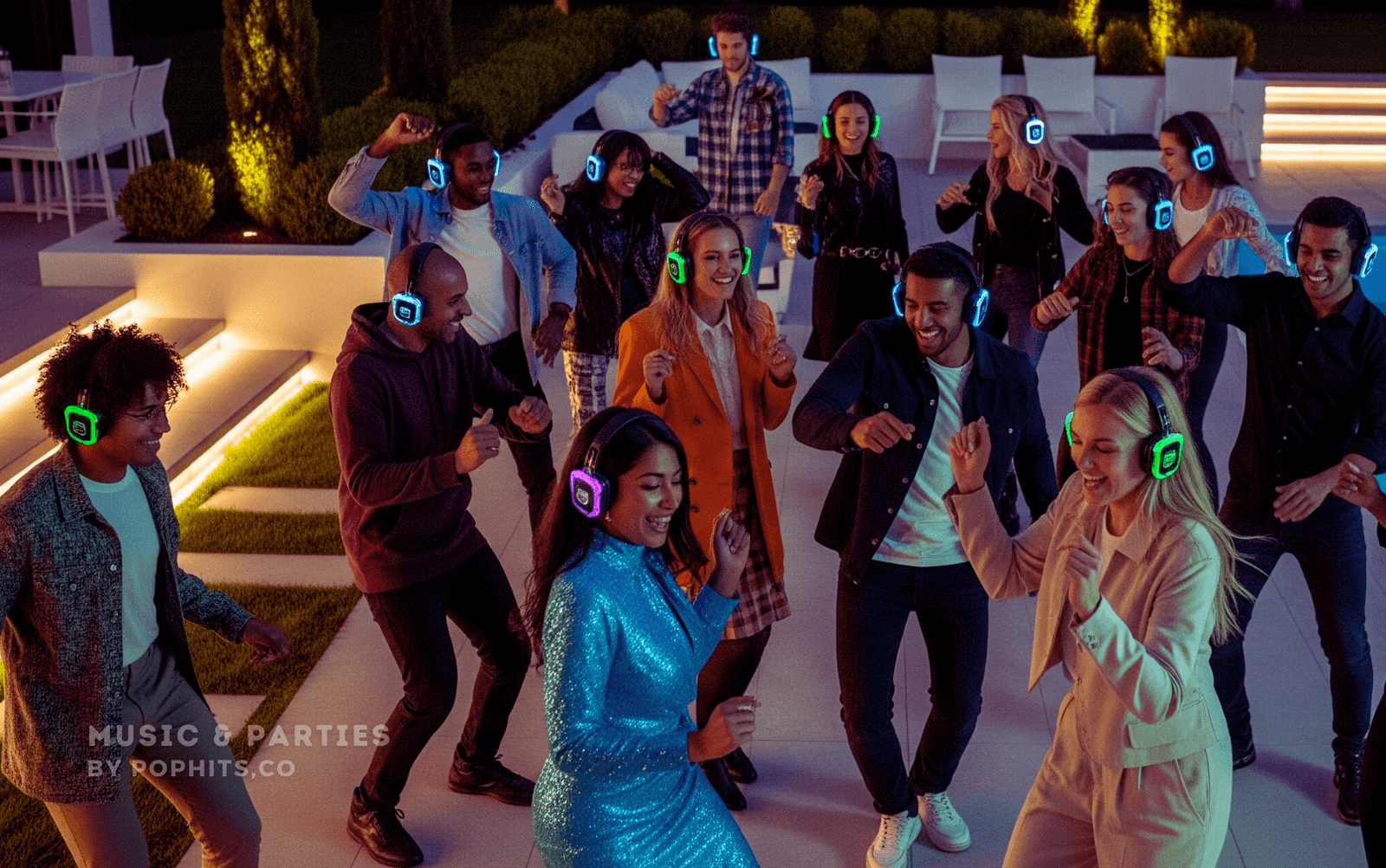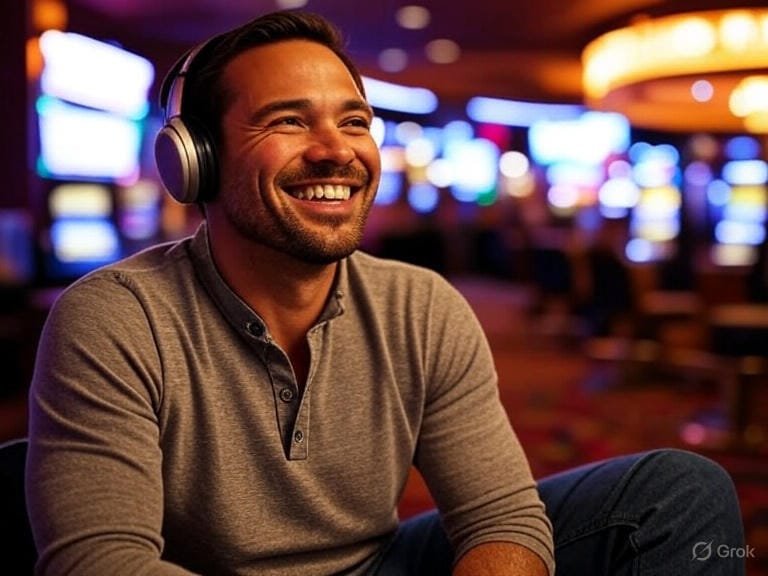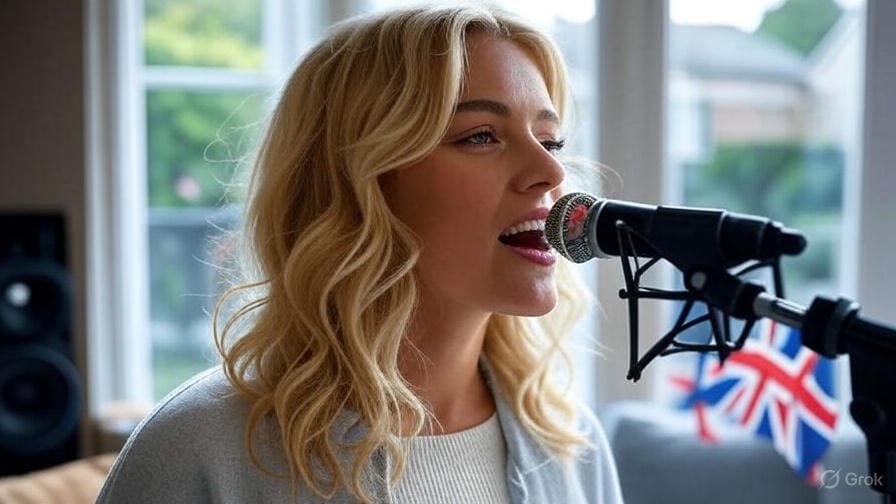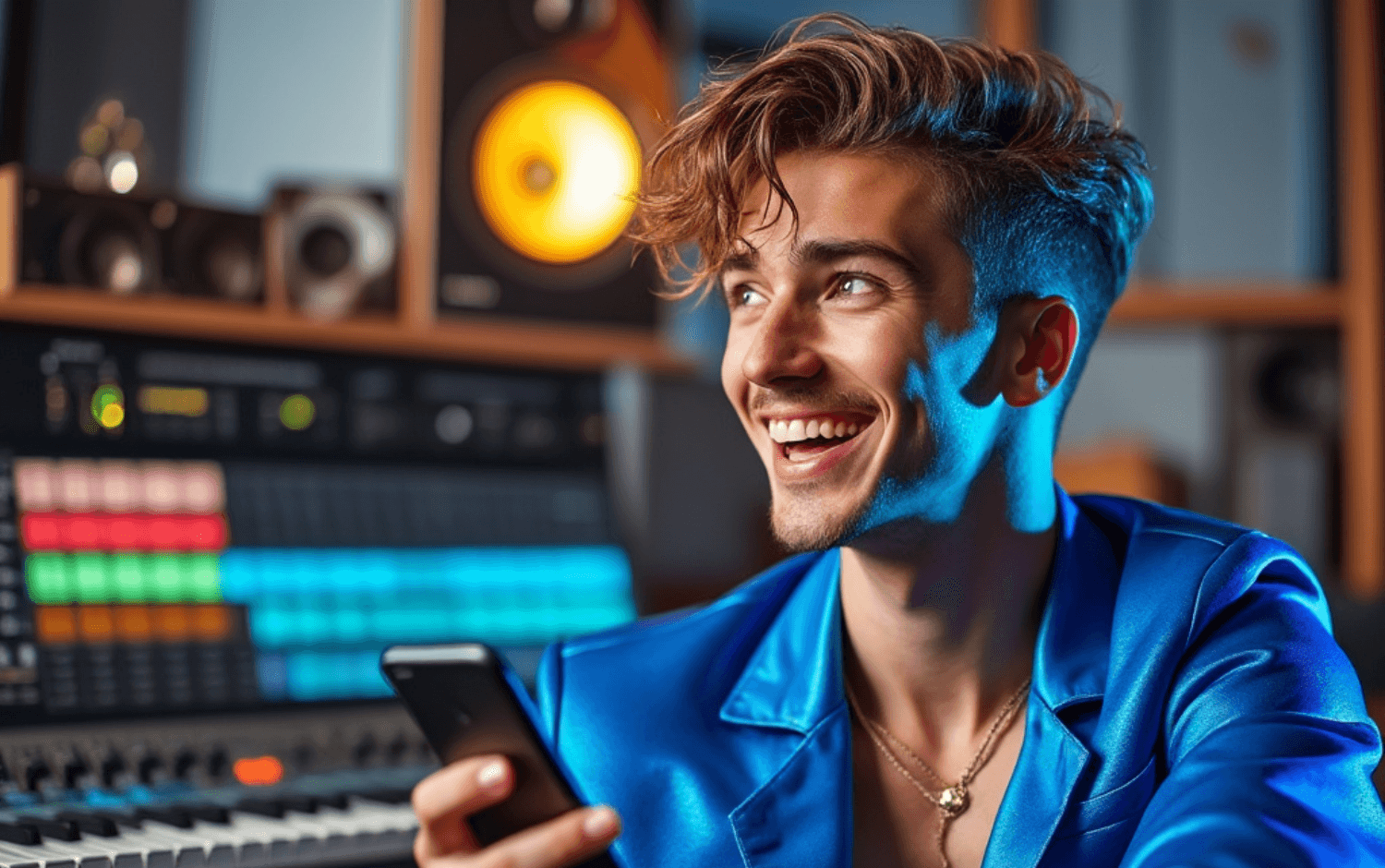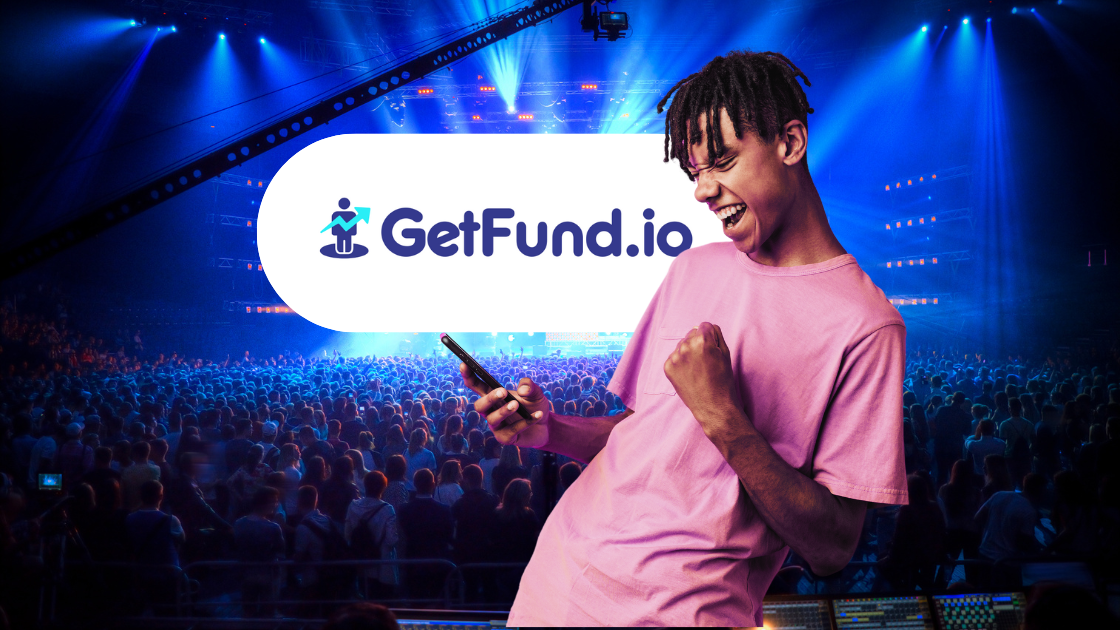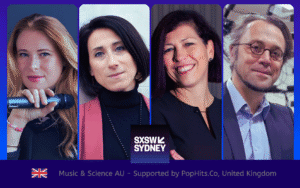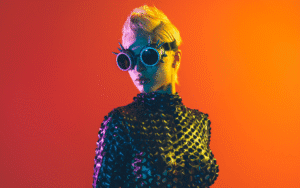
Neural Fingerprinting: How AI Detection Technology Can Protect Artists Without Killing Innovation
Why This AI Detection Breakthrough Matters for Every Independent Artist
The music industry stands at a crossroads. On one side, artificial intelligence promises unprecedented creative tools and democratized access to music production. On the other, artists face the very real threat of having their work stolen, replicated, and exploited without consent or compensation.
The recent partnership between Universal Music Group, Sony Music, and SoundPatrol represents a crucial development in this ongoing conversation—one that PopHits.Co believes could chart a path forward that protects creators while embracing technological progress.
What is Neural Fingerprinting Technology?
SoundPatrol, a research lab that originated at Stanford University, has developed what industry leaders are calling “groundbreaking neural fingerprinting technologies.” Unlike traditional content identification systems that only recognize exact matches, this new approach uses neural embeddings to detect AI-generated music that borrows from copyrighted works—even when it’s been transformed, remixed, or reimagined.
Think of neural embeddings as a sophisticated translator that converts musical elements—chords, melodies, rhythms, harmonies—into numerical representations. This allows the system to identify not just direct copies, but also the “musical DNA” that reveals when AI has been trained on or influenced by original human-created work.
Why This Matters for Independent Artists
For platforms like PopHits.Co that serve independent musicians, this technology represents more than just a win for major labels. It’s a potential safeguard for every artist who pours their creativity into original work.
The current wave of AI music generators has raised serious concerns about copyright infringement. The RIAA’s ongoing cases against AI startups Udio and Suno highlight a fundamental question: Should AI companies be allowed to train their models on copyrighted music without permission or compensation to the original creators?
Universal Music Group’s Chairman and CEO Sir Lucian Grainge framed the issue perfectly: “We’re constantly focused on enabling AI—bringing to market the many commercial and creative opportunities that will benefit our artists while establishing effective tools to protect them.”
This isn’t about resisting technology. It’s about ensuring that technological advancement doesn’t come at the expense of human creators.
The PopHits.Co Perspective: Technology Should Empower, Not Exploit
At PopHits.Co, we’ve always believed in leveraging technology to democratize music distribution. We support tools that give independent artists access to global audiences, sophisticated analytics, and professional-grade services that were once available only to those signed with major labels.
But democratization without protection is exploitation in disguise.
When AI companies scrape millions of copyrighted songs to train their models without licensing agreements or compensation, they’re not democratizing music—they’re extracting value from artists’ labor without consent. This is precisely the kind of human exploitation that technology should eliminate, not enable.
Dennis Kooker, President of Global Digital Business at Sony Music, emphasized this balance: “We’re committed to navigating this developing landscape by protecting [artists’] work while also exploring the innovative potential of these technologies.”
How Neural Fingerprinting Works in Practice
SoundPatrol’s technology goes beyond current music fingerprinting systems by:
- Detecting covers and remixes: The system can identify when AI has created derivative works based on copyrighted material
- 2. Analyzing musical semantics: Rather than just matching audio waveforms, it understands the underlying musical structure and composition
- 3. Real-time monitoring: The technology can identify copyright infringement across streaming platforms as content is uploaded
- 4. Tracking AI-generated content: It can distinguish between fully AI-generated, partially AI-assisted, and purely human-created music
Walter De Brouwer, SoundPatrol’s CEO, emphasized the urgency: “If we abandon copyright, we risk severing artists from ownership of their own work.”
The Bigger Picture: Building a Sustainable Music Ecosystem
The integration of neural fingerprinting technology into streaming infrastructure could fundamentally reshape how we approach AI in music. Instead of an arms race where AI companies try to outmaneuver copyright detection, we could build a system where:
- AI developers license music properly to train their models, ensuring artists are compensated
- Independent artists have the same protections signed to major labels
- Innovation continues but within ethical boundaries that respect human creativity
- New AI tools emerge that enhance rather than replace human artistry
Michael Ovitz, SoundPatrol’s board chair and co-founder of Creative Artists Agency, called it “a huge victory for all artists in the creative universe.”
Questions This Technology Raises
While neural fingerprinting represents a significant technical achievement, it also raises important questions that the music community must address:
Who controls the technology? If only major labels have access to advanced copyright detection, does that create a two-tiered system where independent artists remain vulnerable?
What constitutes infringement? Musical ideas, chord progressions, and stylistic influences have always been shared and built upon. Where’s the line between inspiration and theft when AI is involved?
How do we license AI fairly? Should AI companies pay per-song licensing fees? Revenue shares? One-time flat fees? The business model remains unclear.
Can this technology be used ethically? Could fingerprinting systems be weaponized to suppress legitimate creative expression or fair use?
The Path Forward: Ethics-First AI Development
PopHits.Co believes the music industry must demand ethical AI development as a baseline, not an afterthought. This means:
Transparency: AI companies should disclose what data they’ve used for training
Consent: Artists should have the right to opt-in or opt-out of having their work used for AI training
Compensation: When copyrighted work is used, artists should be fairly compensated
Attribution: AI-generated work should clearly identify what human-created sources influenced it
The SoundPatrol partnership demonstrates that major industry players are taking these concerns seriously. Now the question is whether this technology will be made accessible to the broader music community or remain a tool exclusively for those with the resources to afford it.
Why Independent Artists Should Care
If you’re an independent artist distributing through platforms like PopHits.Co, this technology matters to you personally. Your catalog, your creative output, your musical signature—these are valuable assets that deserve protection.
As AI music generation becomes more sophisticated and more accessible, the risk of exploitation increases. Without effective detection systems, your work could be feeding AI models that compete directly with you, without you ever knowing or receiving any compensation.
Neural fingerprinting technology offers a potential solution, but only if it’s implemented fairly and made accessible across the industry, not just to artists signed with major labels.
Conclusion: Supporting Innovation That Respects Artists
The future of music will undoubtedly include AI. The question is whether that future will be built on exploitation or collaboration, on theft or licensing, on replacing artists or empowering them.
PopHits.Co stands firmly on the side of technological progress that respects human creativity. We believe AI can be an incredible tool for artists—helping with production, suggesting new creative directions, handling tedious technical tasks—but only when it’s built on a foundation of consent and fair compensation.
The neural fingerprinting technology developed by SoundPatrol represents one piece of the puzzle. But technology alone won’t solve this challenge. We need industry-wide standards, clear legal frameworks, and a collective commitment to ensuring that the AI revolution in music benefits creators, not just the companies that build the tools.
As we continue distributing music for independent artists worldwide, we’re watching these developments closely—and we’re committed to advocating for solutions that protect your rights while embracing the possibilities that ethical AI can offer.

Streaming Culture Sets the Stage for a New Era of Free Play
